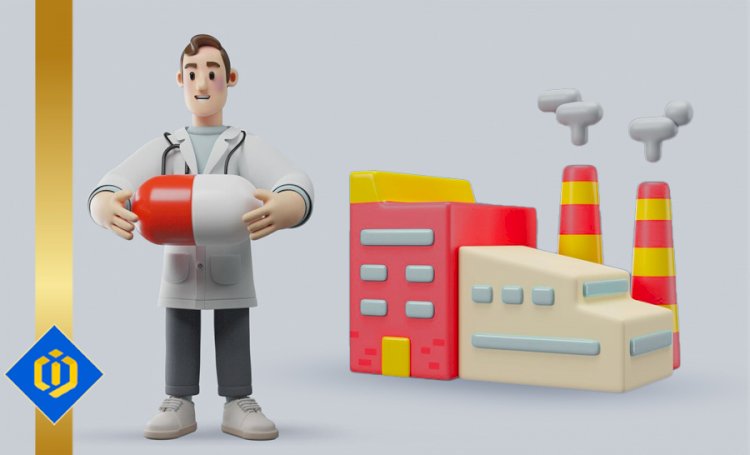Preserving Our Planet: The Shift Towards Environmentally Conscious Pharmaceutical Manufacturing

The pharmaceutical industry has a significant impact on the environment. The manufacturing of drugs requires a substantial amount of energy, water, and raw materials, and the disposal of pharmaceutical waste can pose a serious threat to ecosystems. In recent years, there has been a growing awareness of the environmental impact of pharmaceutical manufacturing, and many companies are taking steps to reduce their environmental footprint.
Energy Efficiency
One of the most important ways to reduce the environmental impact of pharmaceutical manufacturing is to improve energy efficiency. This can be done by using more energy-efficient equipment, installing renewable energy sources, and reducing energy consumption through process optimization.
Water Conservation
Water is another essential resource that is used in large quantities in pharmaceutical manufacturing. Pharmaceutical companies can reduce their water consumption by using water-efficient technologies, recycling water, and rainwater harvesting.
Waste Reduction
Pharmaceutical manufacturing generates a significant amount of waste, including hazardous waste. Pharmaceutical companies can reduce their waste production by using more efficient manufacturing processes, recycling waste, and finding ways to reuse or repurpose waste materials.
Green Chemistry
Green chemistry is a branch of chemistry that focuses on the design and development of chemical processes that are environmentally friendly. Pharmaceutical companies can adopt green chemistry principles to reduce the environmental impact of their manufacturing processes.
Sustainable Sourcing
Pharmaceutical companies can also reduce their environmental impact by sourcing materials from sustainable sources. This means choosing suppliers that use environmentally friendly practices and that are committed to reducing their environmental footprint.
Product Stewardship
Product stewardship is the practice of taking responsibility for the environmental impact of a product throughout its entire lifecycle. Pharmaceutical companies can practice product stewardship by designing products that are environmentally friendly, providing information about the environmental impact of their products, and taking back and recycling their products at the end of their useful life.
Collaboration
Pharmaceutical companies can also reduce their environmental impact by collaborating with other stakeholders, such as government agencies, environmental organizations, and other businesses. Collaboration can help to identify and address environmental issues, and it can also lead to the development of new and innovative solutions.
The Future of Environmentally Conscious Pharmaceutical Manufacturing
The pharmaceutical industry is facing a number of challenges in reducing its environmental impact. However, there are also a number of opportunities for pharmaceutical companies to make a positive difference. By adopting environmentally conscious practices, pharmaceutical companies can help to preserve our planet for future generations.
Conclusion
The pharmaceutical industry has a significant impact on the environment. However, there are a number of steps that pharmaceutical companies can take to reduce their environmental footprint. By improving energy efficiency, conserving water, reducing waste, adopting green chemistry principles, sourcing materials from sustainable sources, practicing product stewardship, and collaborating with other stakeholders, pharmaceutical companies can help to preserve our planet for future generations.
Author: Pooyan Ghamari, Swiss Economist & Visionary

 content-team
content-team 






















